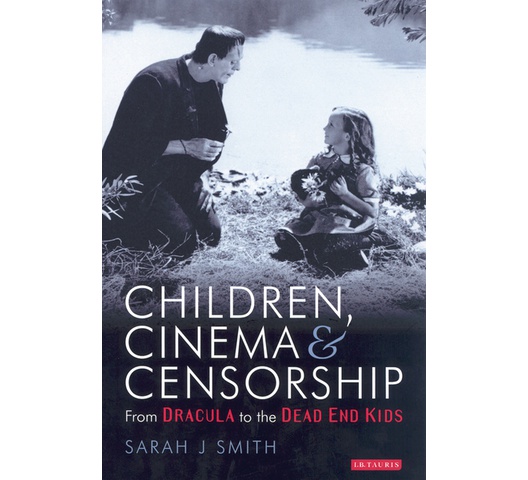
Children, Cinema and Censorship
Children have long been one of cinema's largest audiences yet, from its infancy, cinema has in the minds of moral watchdogs accompanied a succession of pastimes and new technologies as catalysts for juvenile delinquency. From 'penny dreadfuls' and comic books to television, 'video nasties' and computer games, and more recently, gangsta rap, mobile phones and the Internet - all have been seen as threats to children's safety, health, morality and literacy, and cinema is no exception. Writing with energy and wit and mobilising impressive original research, Sarah J. Smith explores recurring debates in Britain and America about children and how they use and respond to the media, focusing on a key example: the controversy and apparent moral panic surrounding children and cinema in its heyday, the 1930s. She shows how children colonised the cinema and established their own distinct cinema culture. And, considering films from "Snow White and the Seven Dwarfs" to "Scarface" and "King Kong", she explores attempts to control children's viewing, the underlying ideas that supported these approaches and the extent to which they were successful.
Revealing the ways in which children subverted or circumvented official censorship - including the Hays Code and the British Board of Film Censors - she develops a challenging new proposition: that children were agents in the regulation of their own viewing, not simply passive consumers.
Revealing the ways in which children subverted or circumvented official censorship - including the Hays Code and the British Board of Film Censors - she develops a challenging new proposition: that children were agents in the regulation of their own viewing, not simply passive consumers.
KES 5,972

International delivery
Free click & collect
| UPC | 9781786729552 |
|---|---|
| Author | Sarah J. Smith |
| Pages | 256 |
| Language | English |
| Format | EPUB |
| Publisher | Bloomsbury Publishing |
| SKU | 9781786729552 |
None

